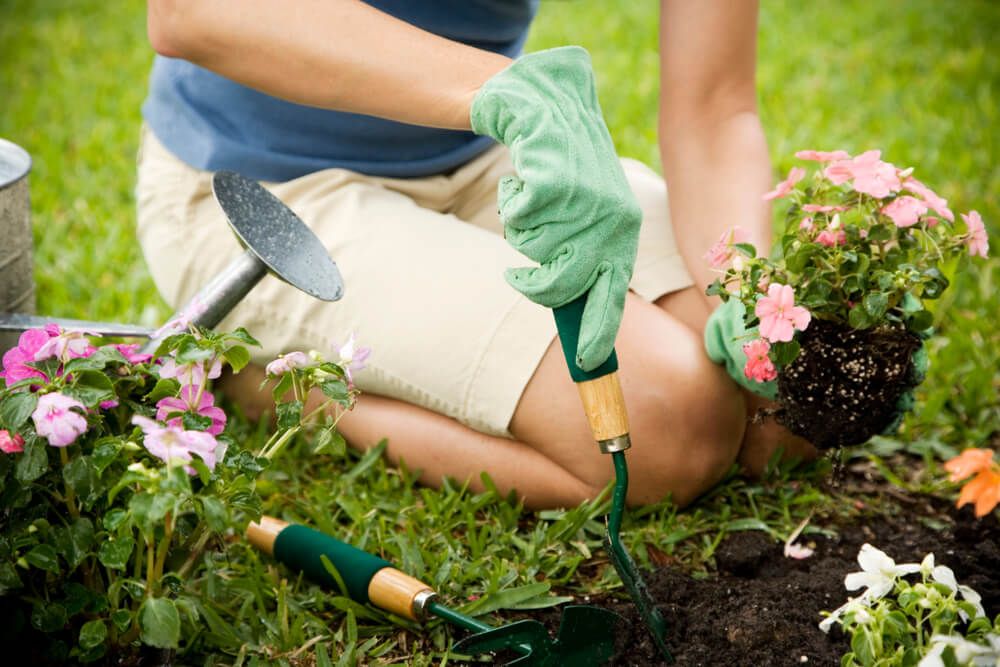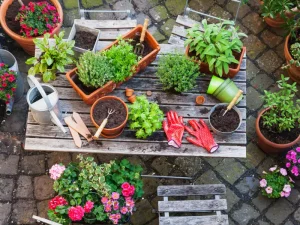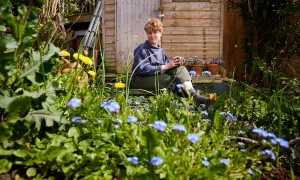A rich garden starts with the foundation under your feet: the soil. While it may not be as visually appealing as vibrant flowers or lush vegetables, the health of your soil has a direct impact on the success of your garden. Mastering soil preparation is the key to cultivating a thriving and sustainable outdoor space.
Know your soil
Before you start preparing the soil, it is critical to understand the composition of your soil. Different plants thrive in different soil types, and understanding the soil you’re working with can help you make an informed decision. Perform a simple soil test to determine factors such as pH, nutrient levels and texture. This information allows you to tailor your soil preparation to the specific needs of your plants.
soil enrichment
Once the soil has been assessed, the next step is to add fertilizer. Most soils benefit from the addition of organic matter, such as compost or well-rotted manure. These materials improve soil structure, drainage and nutrient content. Depending on your garden style, you can work them into the top few inches of soil by digging or layering.
pH balance
Soil pH affects the availability of nutrients to plants. While some plants prefer slightly acidic soil, others thrive in alkaline conditions. The pH of the soil can be adjusted by incorporating additives such as lime or sulfur. Regular monitoring and adjustments will ensure that your soil remains within the optimal pH range for your chosen plants.
Cover magic
Mulching is a simple but powerful technique for soil protection and plant health. A layer of organic mulch, such as straw or wood chips, helps retain soil moisture, suppress weeds and regulate soil temperature. As the mulch breaks down, it adds organic matter to the soil, which promotes long-term fertility.
good ventilation
Compacted soil restricts root growth and blocks the absorption of water and nutrients. Aerating the soil with aeration tools or encouraging earthworm activity can improve its structure. Loose, well-aerated soil allows plant roots to penetrate easily, promoting healthier, stronger plants.
sustainable practices
In addition to immediate soil preparation, adopting sustainable gardening practices can also contribute to long-term soil health. Rotate crops to prevent nutrient depletion, avoid over-reliance on synthetic fertilizers and use natural pest control methods to maintain the delicate balance of your garden ecosystem.
In short, mastering soil preparation is the cornerstone of a thriving garden. By knowing your soil to be rich in organic matter, maintaining the proper pH, using mulching techniques, providing adequate aeration, and using sustainable practices, you can lay the foundation for your garden to survive and thrive. When you cultivate a healthy soil environment, you are not only growing plants, but you are also cultivating an ecosystem that preserves and enhances the beauty of your outdoor space.



